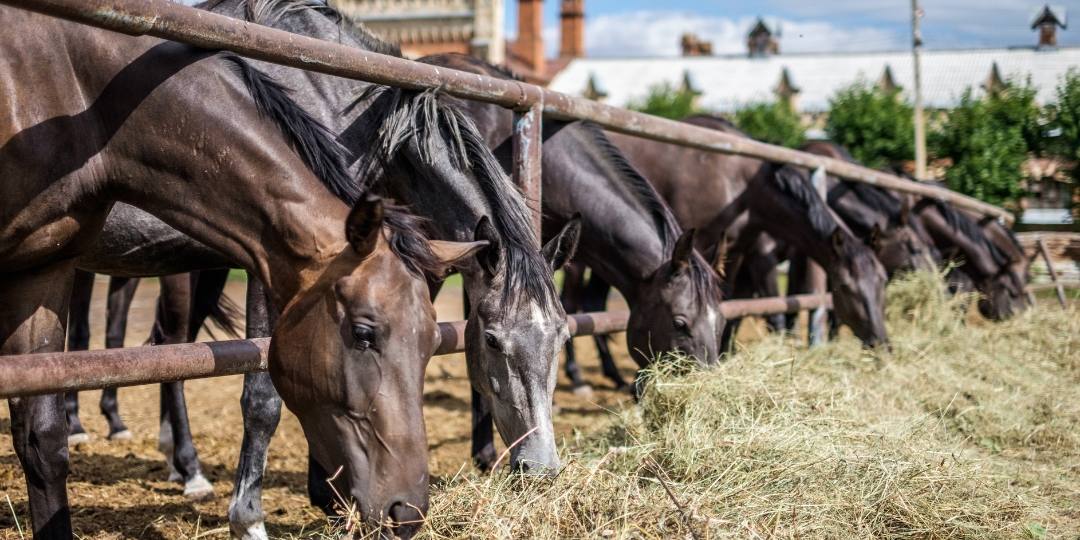Feeding is a fundamental aspect of keeping horses healthy and in peak condition. As responsible owners, we must ensure that we provide them with a proper and balanced diet that meets their nutritional needs. In this blog, we will explore the fundamentals of optimal horse nutrition and provide practical tips to ensure the health and well-being of our noble companions.
Quality Forage:
Forage should constitute the foundation of a horse’s diet. Being herbivorous animals, they need to consume a sufficient amount of forage to maintain a healthy digestive system. High-quality hay, such as grass or alfalfa, is an excellent option. Make sure the hay is clean, free of mold, and has a fresh smell. Provide your horses with constant access to quality forage, whether it’s in the pasture or in the stable.
Balanced Concentrates:
In addition to forage, horses may require balanced concentrates to meet their specific nutritional needs. Concentrates can include foods such as pellets or grain mixes. Consult an equine nutritionist or veterinarian to determine the appropriate type and amount of concentrates for your particular horse. Adjust the feeding regimen based on their activity level, age, and health condition.
Clean and Fresh Water:
Hydration is essential for horses. Ensure that your horse always has access to clean and fresh water. Regularly check the water containers to ensure they are clean and free of algae or debris. In hot climates or during periods of intense activity, your horse may need an additional water supply.
Nutritional Supplements:
In some cases, horses may require additional nutritional supplements to address deficiencies or improve their health. However, it is crucial to work with a veterinarian or equine nutritionist to determine which supplements are necessary and in what dosage. Avoid administering supplements without proper guidance, as an excess of certain nutrients can be detrimental to your horse’s health.
Proper Feeding and Handling:
In addition to a balanced diet, proper feeding and handling of horses are essential. Feed your horses at regular times and in a calm environment, allowing them to eat without distractions or stress. Avoid abrupt changes in the diet and make adjustments gradually. Regularly monitor your horse’s weight and body condition to ensure they are receiving the appropriate amount of food.
Providing the best nutrition for our horses will not only contribute to their overall well-being but also enhance their performance, endurance, and overall health. Remember that each horse is unique, so it is important to tailor the feeding approach to their individual needs. Work closely with equine professionals such as veterinarians and nutritionists to ensure optimal and personalized feeding for your horse.
In summary, a proper and balanced diet is crucial for keeping horses healthy and in peak condition. Ensure you offer quality forage, balanced concentrates, and clean and fresh water. Consider nutritional supplements only under the supervision of equine professionals. Additionally, practice proper feeding and handling, maintaining a calm environment, and regularly monitor your horse’s weight and body condition. By taking care of their nutrition, you will promote their long-term health and well-being.




